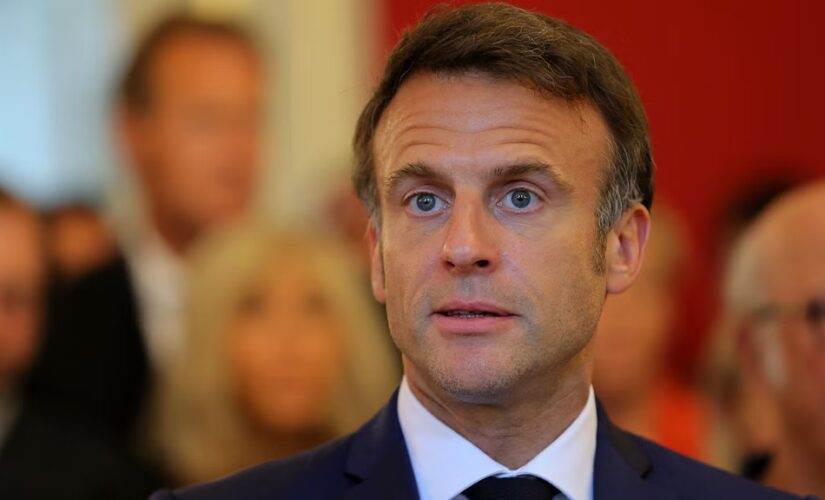On Thursday and Friday, French President Emmanuel Macron will host a summit to establish a plan for reducing low-income countries’ debt and increasing funding for climate finance.
The summit brings together dozens of leaders in the French capital to reach a high-level agreement on how to move forward with a number of initiatives that are struggling in organizations like the G20, IMF-World Bank, and UN.
Many of the topics on the agenda, from debt relief to climate finance, are based on ideas from the “Bridgetown Initiative,” a group of developing nations led by Barbados Prime Minister Mia Mottley.
“We are moving to a world – I would call it the Bridgetown arrangement of money – (that) perceives that we need to hugely upscale the public area and spotlight that on building flexibility and transformation since it’s difficult for that to be supported differently,” said Avinash Persaud, a unique emissary for Mottley on environment finance.
However restricting choices are not normal, authorities engaged with the culmination’s arranging said that a few in number responsibilities ought to be made about funding unfortunate nations.
The World Bank and the International Monetary Fund (IMF) were established nearly eighty years ago by the Bretton Woods Agreement. Now, leaders want to get more money from multilateral lenders for the countries that need it the most.
According to officials, a $100 billion target that will be made available to vulnerable nations through the International Monetary Fund ought to specifically be announced.
The arrangement, first concurred quite a while back at an African money culmination in Paris, approaches rich legislatures to loan unused exceptional attracting freedoms to the IMF to, thus, loan to unfortunate nations.
Legislatures are likewise taking a gander at ways of permitting the World Bank to utilize influence to loan more to unfortunate nations without putting its top AAA FICO score a gamble.
“We need to go farther and ought to have the option to set focuses to put more open cash on the table,” a French administration source said.
Increasing worldwide loan costs have left a developing number of low-pay nations subject to IMF financing while the most troubled – Ethiopia, Ghana, Sri Lanka and Zambia – have had barely a choice yet to default.
Western officials blame China, now a major creditor after years of heavy lending, for the painfully slow progress of a G20 “common framework” for debt restructuring.
A source near the Paris Club leaser countries said on Monday that the legislatures Zambia owes cash to expect to make an obligation rebuilding proposition in time for the highest point in what is broadly viewed as an experiment for the much-reprimanded G20 rebuilding structure.
In addition to the pressure on interest rates, developing and emerging market nations are having trouble raising the $1 trillion that, according to economists, they will require by 2030 in order to finance reductions in carbon emissions, increase climate resilience, and address the effects of climate change.
Persaud said help was likewise expected for the IMF and other multilateral advancement banks to offer $100 billion in cash risk assurances to open confidential interest in unfortunate nations for environment and improvement drives.
According to officials, ahead of the International Maritime Organization’s meeting next month, some leaders are expected to support proposals for a levy on shipping industry emissions that have been in the works for a long time.
They said calls are likewise expected to be made for calamity risk provisions in loaning arrangements, which permit a country to suspend reimbursements on account of a debacle.

